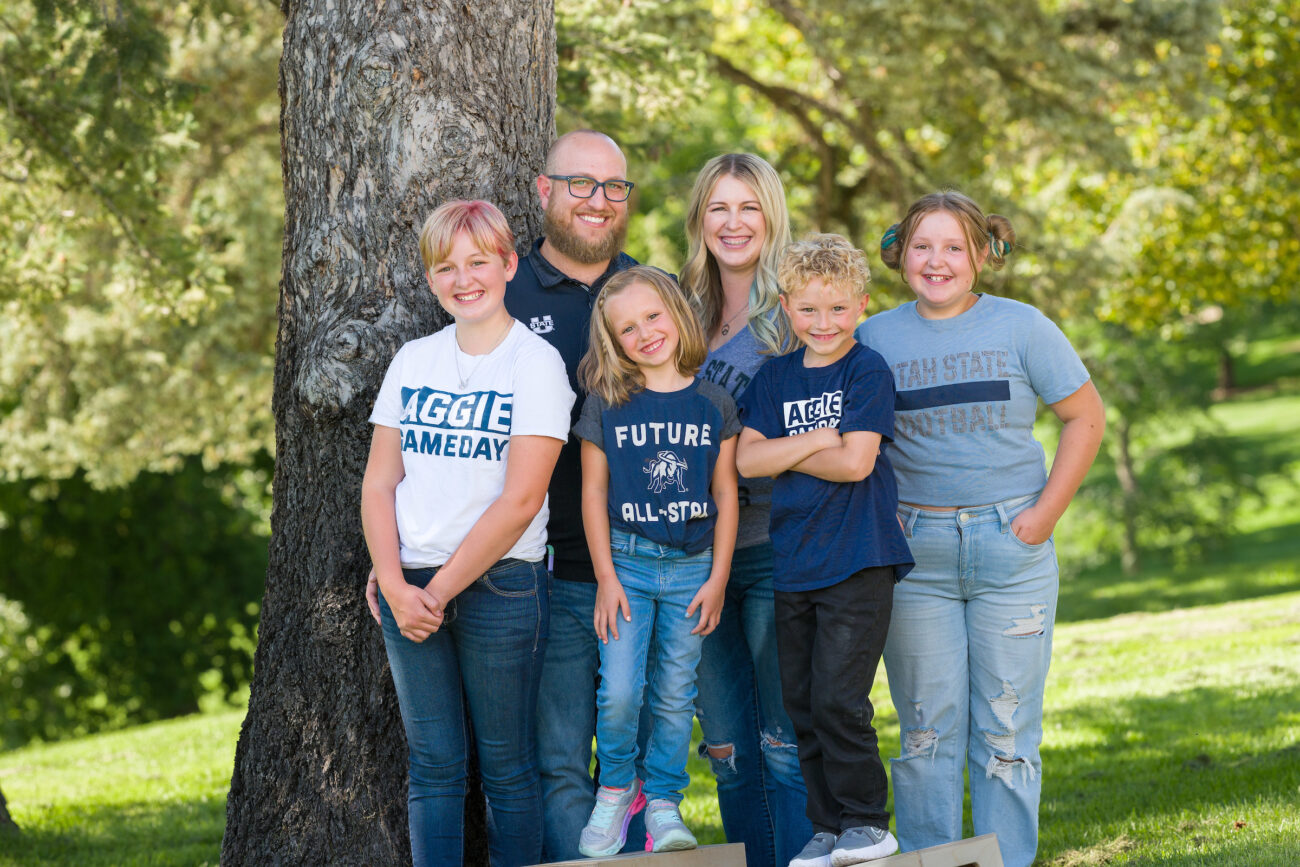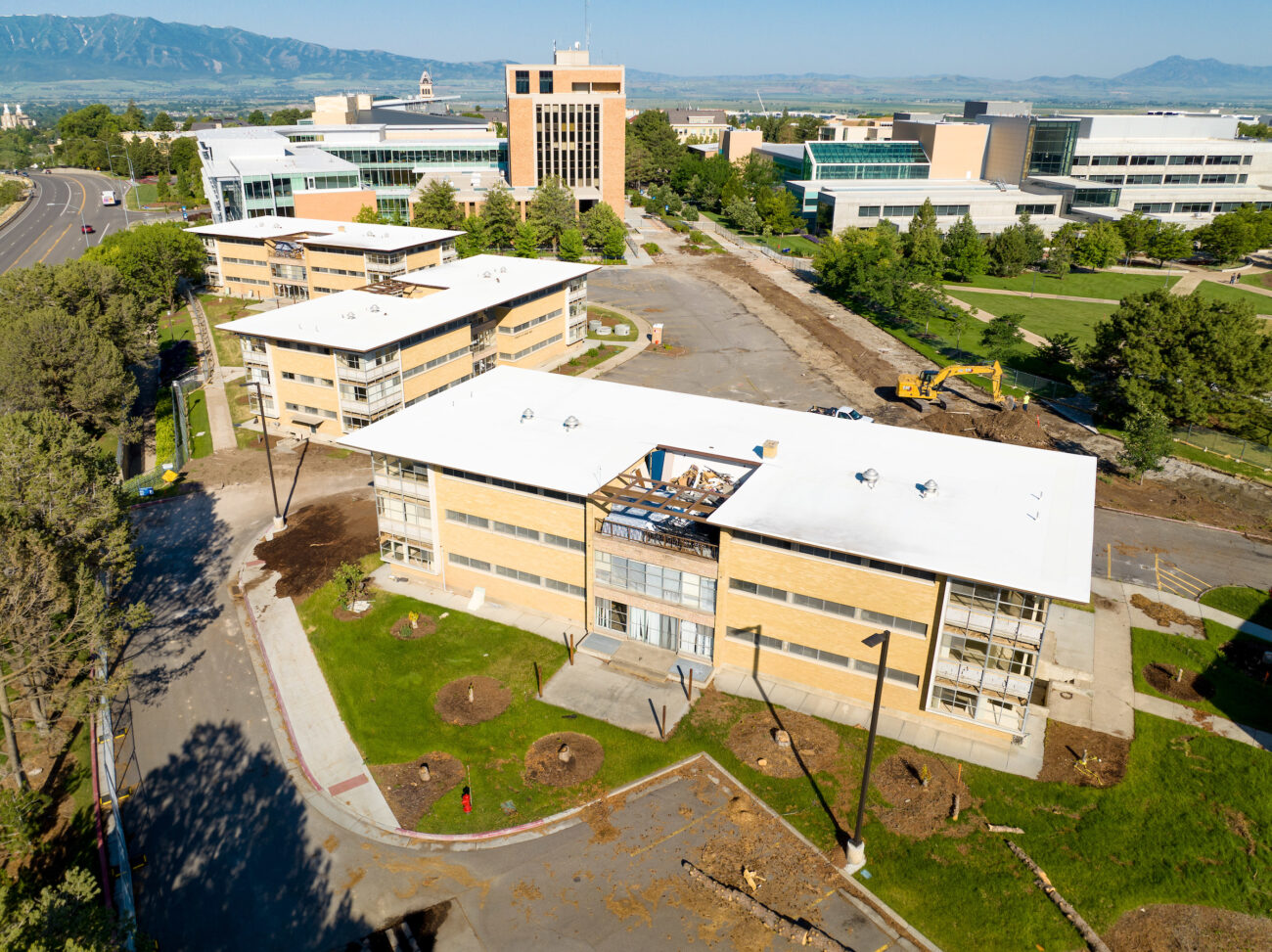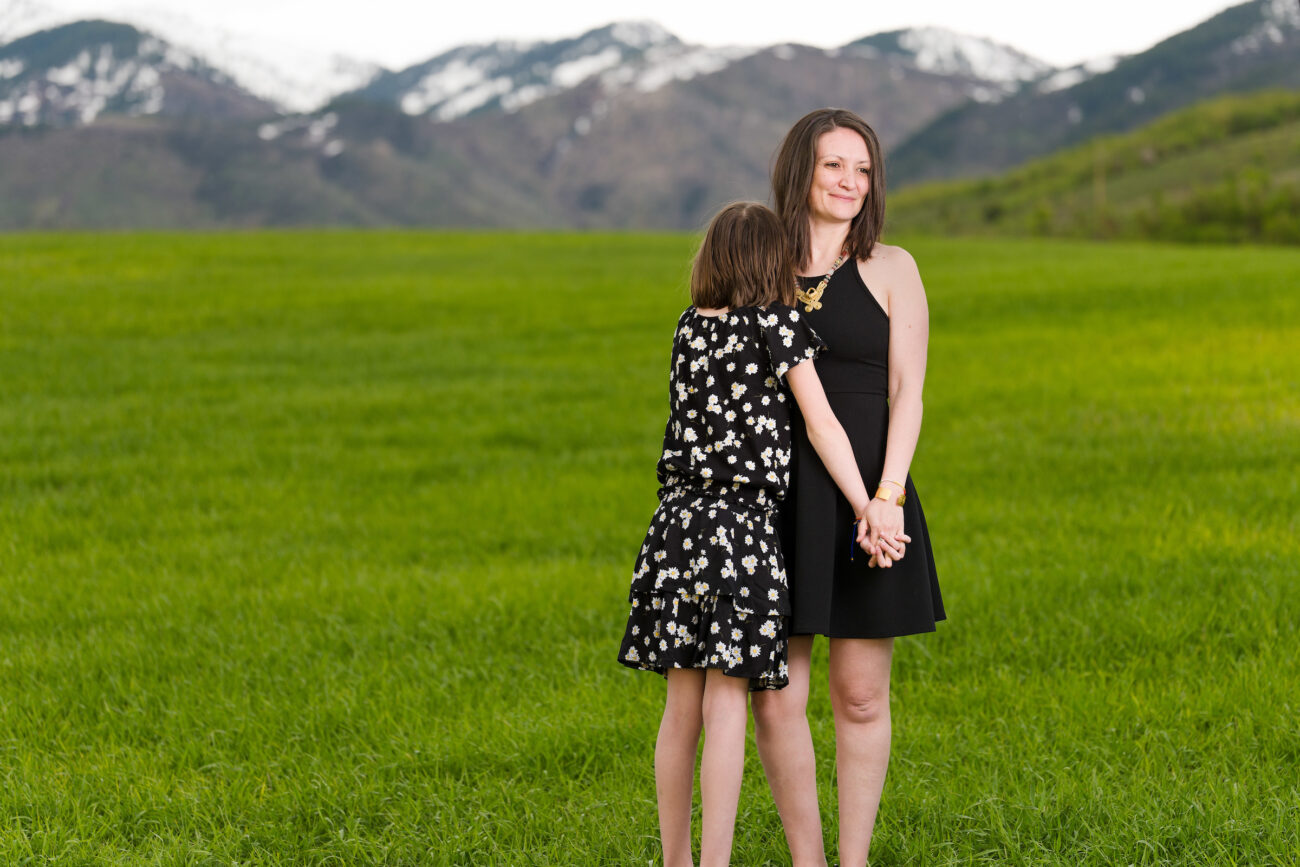Finding the Light in Dark Times
This time of year can be particularly hard in the best of times.
We have short days, long nights, surrounded by seemingly perpetual cold. It is a time when, for many of us, we hold warm memories of spending the holidays with our loved ones close to our hearts.
But I, like many of you, had a different experience this year because of the COVID-19 pandemic. Rather than hosting my traditional gathering with neighbors and extended family, this holiday season was quieter and included video calls to family and friends I could not see in person.
However, the fall semester went better than expected at Utah State University. We did not have to end in-person classes earlier than planned and were able to provide the testing and resources to keep our campuses open. I was pleased to see everyone’s compliance with mask wearing and social distancing to make that happen. We share a common goal of reducing the risk of infection to others.
The spring semester will likely be challenging right from the start. While I had hoped we would have less restrictions, high caseloads throughout the state mean we will continue offering a mix of course delivery methods as we did for fall semester. This is disappointing, but there are bright spots for us to celebrate. Since May, Utah State has distributed over $7 million to more than 9,000 students struggling with unexpected financial strains from COVID-19. This was possible through an allocation from the federal Coronavirus Aid, Relief, and Economic Security (CARES) Act. The university’s own Student Emergency Hardship Fund awarded another 235 grants to help students with immediate needs so they can continue their education.
Mental health is a significant issue and I believe people should reach out and get help whenever and however they can. I have had to do this in the past and it is not easy.
– USU President Noelle E. Cockett
Nearly one year into the pandemic, the novelty of working from home and remote coursework has worn off. It is no surprise people are getting tired of wearing masks and limiting their social activities. I am tired, too. And being tired of COVID-19 can make it harder to sustain the good practices we have been doing to prevent the spread of infection. I worry that the prolonged isolation from COVID-19 will drive each of us in one of two directions—too much self-isolation may make us depressed and too much on the other side of self-isolation will make us act recklessly.
That is why I want to emphasize the importance of self-care. Mental health is a significant issue and I believe people should reach out and get help whenever and however they can. I have had to do this in the past and it is not easy. While serving as Utah State’s provost I found myself getting very emotional. During this period of time, my son and I were at a restaurant when I began talking about something and started to cry. “Mom, you have to get some help,” he said. “This isn’t you.”
Knowing I would likely blow this off, a friend helped me schedule an appointment where I was diagnosed with anxiety. I am still on medication for it. I encourage anyone who is noticing changes in your behavior or those of your loved ones, to reach out and seek or offer support, just as my family and friends did for me.
I know reaching out to loved ones has lifted my spirits during the pandemic. My family has started to Zoom with each other on weekends. We hold up our pets, talk about new purchases, compare menus, and simply check in. I have actually talked to my older brother more now than I have in years. I find it is easy to connect with people in this new virtual world, we just have to make the effort to do it.
The little things make a big difference in this weird world. Send a card. Make a 10-minute phone call to an old friend. Remember to go outside. (There have been days when I realize I did not go outside once, which is a very foreign experience for me.) Look at the stars. Find some light in the darkness.
We will get through this together.





